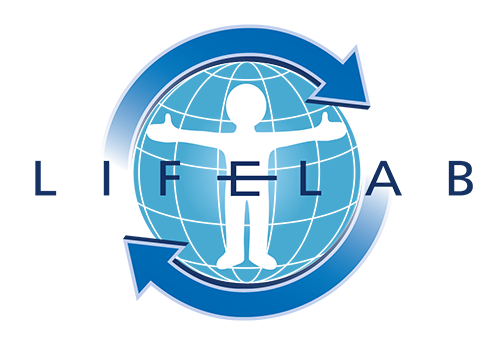EACH-B: Programme Overview & Resources
LifeLab EACH-B Research Trial
The aim of this module is to enable students to consider their own health in a wider context, both from personal experience and using an evidence-based approach, to understand the impact that their decisions and behaviours can have on themselves personally, their families, and their wider communities.
There is increasing scientific evidence that lifestyle choices at an early age can drastically affect young people’s health and the health of their future children, increasing risk of ill health later on in life. The LifeLab module draws on the scientific research on epigenetics, non-communicable diseases (e.g. heart, lung and liver disease), as well as communicable diseases, particularly COVID-19, to raise young people's awareness and interest in the science underpinning health issues. The lessons incorporate science education and behavioural change research in relation to health on how we can best support students to learn science for everyday life. Helping young people develop their reasoning and decision-making skills, making positive changes to adolescent health-related attitudes and helping break cycles of unhealthy behaviour.
The research trial measuring the effectiveness of the LifeLab intervention is called Engaging Adolescents in Changing their Behaviour (EACH-B), funded by the National Institute for Health Research (NIHR). The LifeLab module is forming part of a three component intervention to motivate and support young adolescents to eat better and be more active, which also includes training teachers in Healthy Conversation Skills and offering young people a smartphone game to support them make and sustain changes to their eating and activity.
The LifeLab module consist of a series of four pre-lessons, the LifeLab Day Activities (series of hands-on practical activities), and a series of post-lessons which involve students in enquiry-based learning by designing, conducting and presenting
the outcomes of their own health investigations.
Provided for each lesson:
- Teachers Lesson Plan, including curriculum links
- Teachers PowerPoint
- Student Pages
- Additional teaching resources
- Click to view the full programme of information and details of the EACH-B module for teachers (please note pop-ups must be enabled). Download resource from in-browser pdf viewer.
Click to view the full booklet of lessons for students (please note pop-ups must be enabled). Download resource from in-browser pdf viewer
Click to download the overview of EACH-B lessons for teachers
